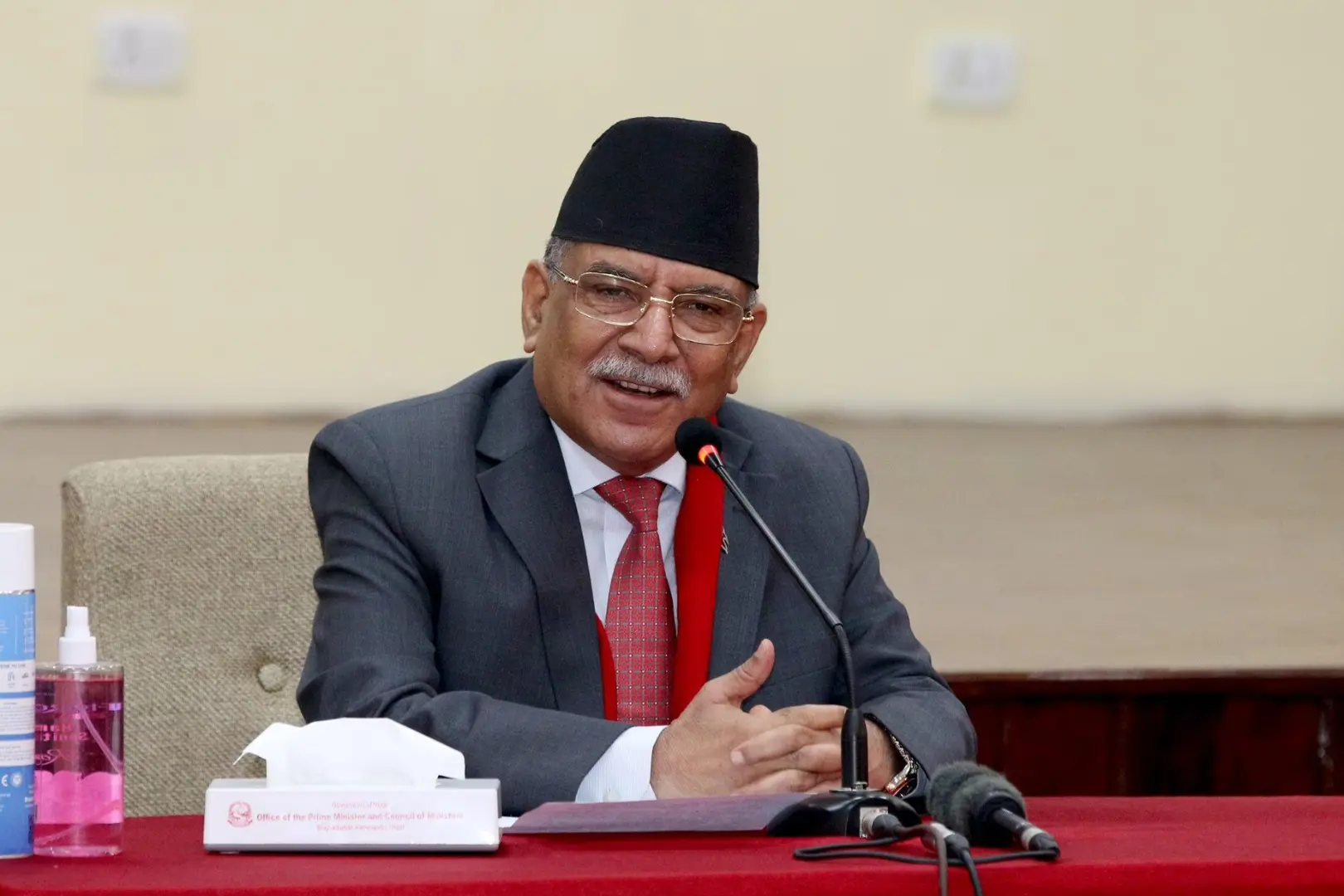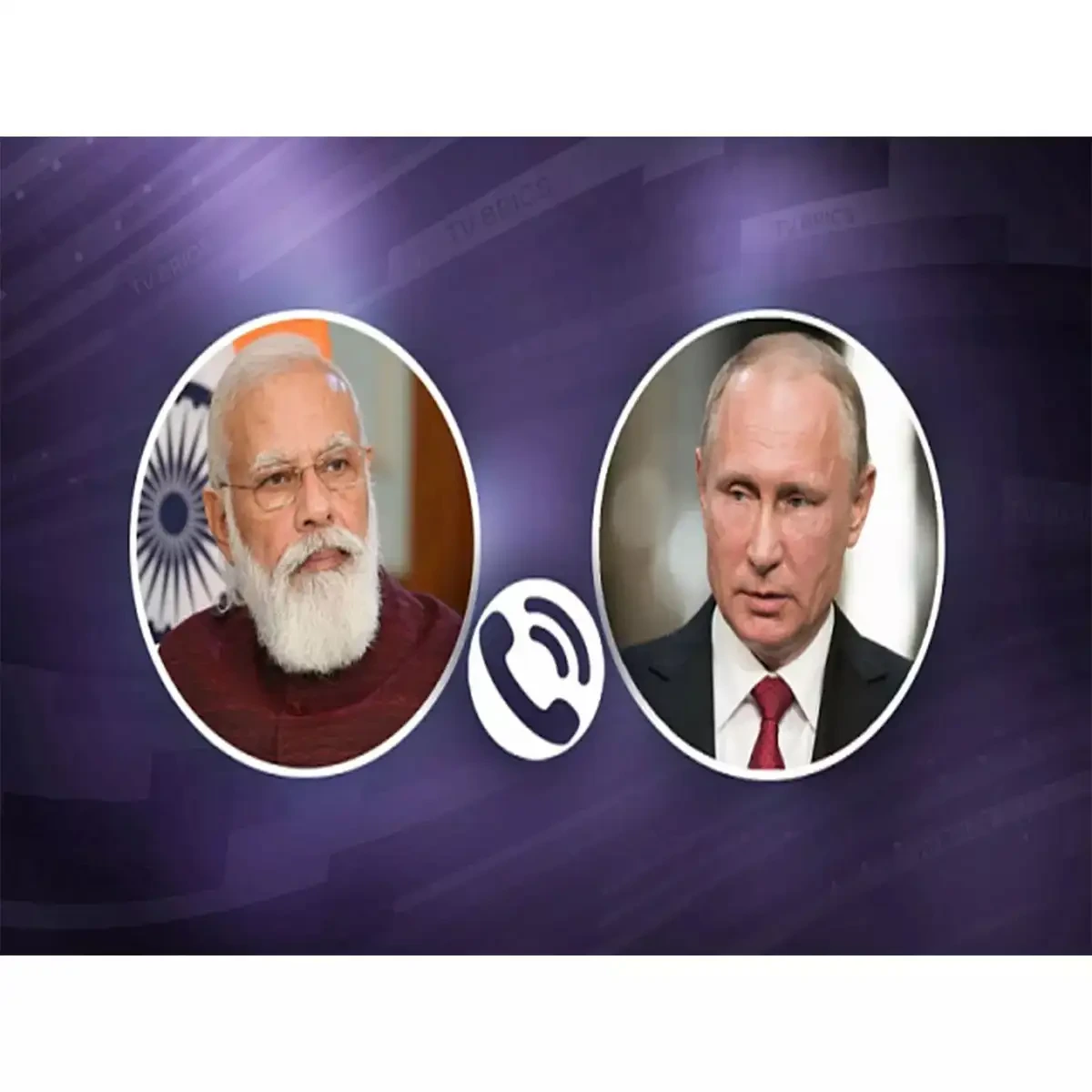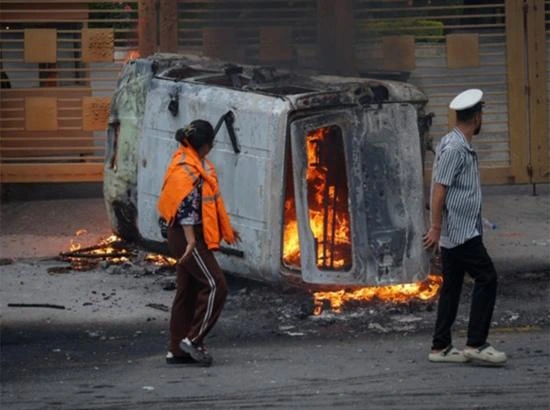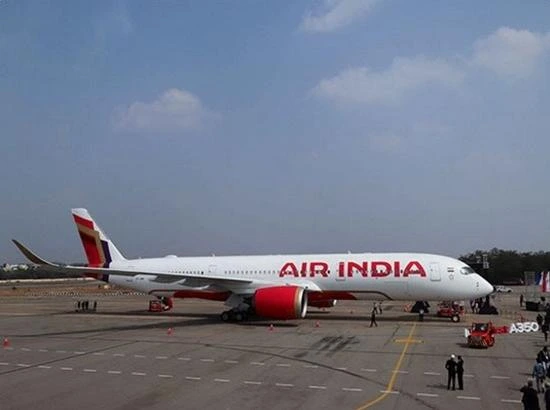17-May-2024, Fri.
In the midst of an opposition protest in parliament, Nepal’s Prime Minister Pushpa Kamal Dahal ‘Prachanda’ is set to take a fourth confidence vote in the House of Representatives.
This comes after Prachanda terminated his alliance with the Nepali Congress party and formed a new coalition with the Communist Party of Nepal (Unified Marxist-Leninist), led by former PM KP Sharma Oli. The Nepali Congress, which is the largest party in the House, is currently obstructing parliamentary proceedings and demanding the resignation of Deputy PM Ravi Lamichhane over allegations of cooperative fund misappropriation.
However, Prachanda’s new coalition still commands a majority with 77 seats from the CPN-UML, 32 from the Maoist Centre, 21 from the Rashtriya Swatantra Party, 7 from the JSP-N, and 10 from the CPN (Unified Socialist). In total, the coalition holds 147 seats, well above the 138 required for a majority in the 275-member House. The frequent changes in government and political maneuvering have raised concerns about the stability and credibility of Nepal’s political class. Analysts warn that this could give more room for external players to influence the country’s affairs.
Despite the opposition’s protests, Prachanda appears confident in his ability to secure a fourth confidence vote. However, the outcome of the vote will depend on the ability of the opposition to garner support from smaller parties and independent lawmakers. In conclusion, Nepal’s political landscape remains fluid, with the Prachanda-led government facing a crucial confidence vote amidst opposition protests in parliament. The outcome of the vote will have significant implications for the stability and direction of the country’s government.
Nepal’s Prime Minister Pushpa Kamal Dahal ‘Prachanda’ includes several significant developments. Prachanda recently won a parliamentary vote of confidence, marking his third such victory in 14 months. Additionally, he has formed a new alliance with former Prime Minister KP Sharma Oli’s party, leading to the reshuffling of the cabinet. Prachanda has also announced ambitious plans to increase Nepal’s electricity supply to India from 450 MW to 10,000 MW within the next decade, emphasizing the importance of foreign investment in the hydropower sector.
Furthermore, there was a brief incident where the official Twitter handle of Nepal’s Prime Minister’s Office was hacked, with unauthorized tweets posted before the account was restored. These recent events highlight the dynamic political landscape in Nepal.





